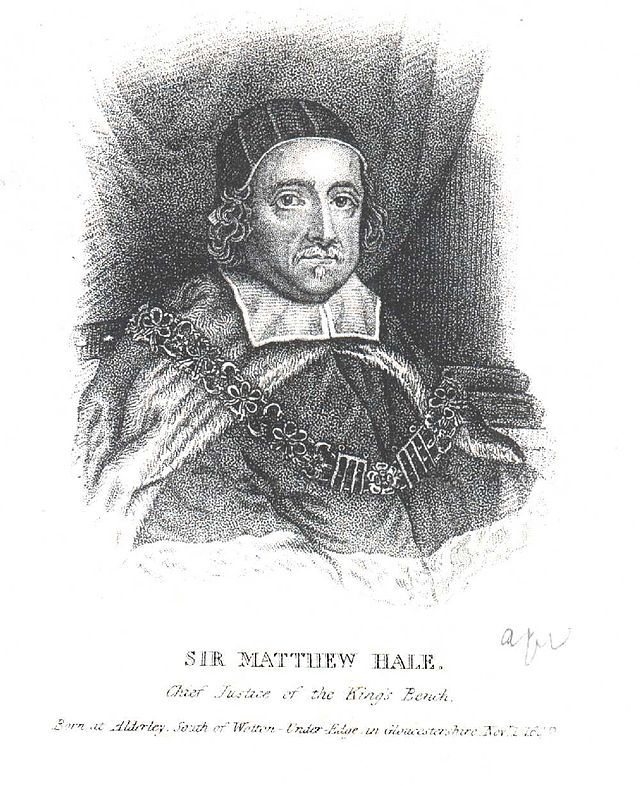“Listen is such a little, ordinary word that it is easily passed over. Yet we all know the pain of not being listened to, of not being heard.“[i]
“You heard me. You heard me all the way.” So goes the oft-quoted statement of one of the participants in a consciousness-raising (CR) group in which feminist theologian Nelle Morton participated. It is a testimony to the power of what happens in CR groups – of hearing each other into speech. “When we are listened to, it creates us, makes us unfold and expand. Ideas actually begin to grow with us and come to life,” wrote Brenda Ueland, the first female journalist in Minneapolis.[ii] This was the blossoming born of CR groups, where women began to discover truths long buried and watch them unfold and come to life.
Continue reading “Listening to One Another: Part One by Beth Bartlett”







